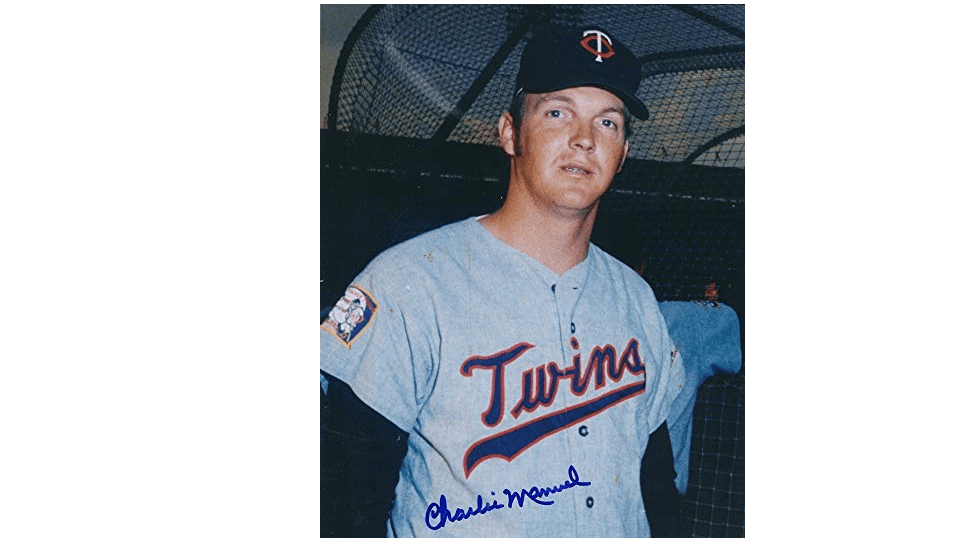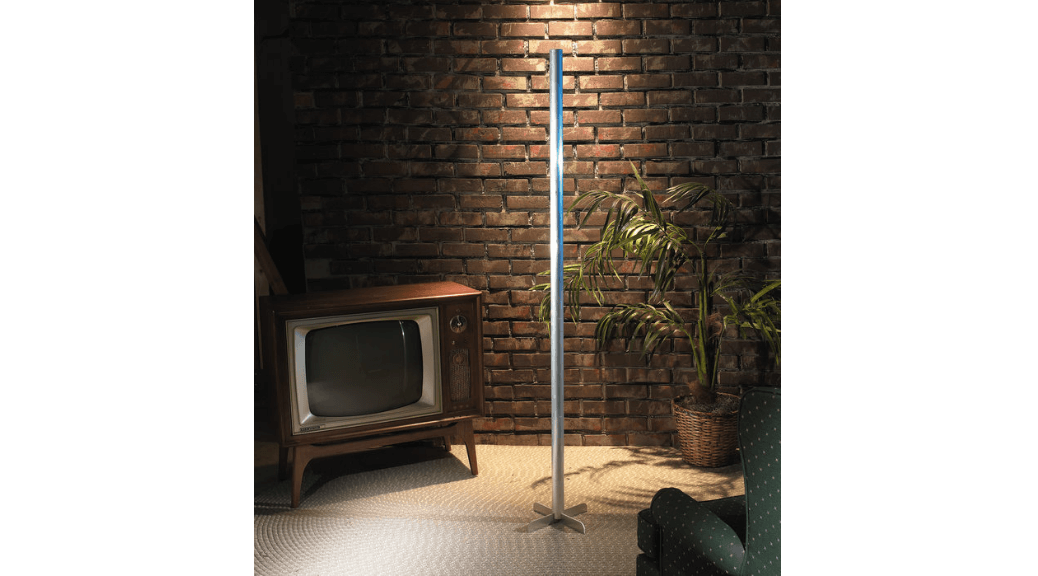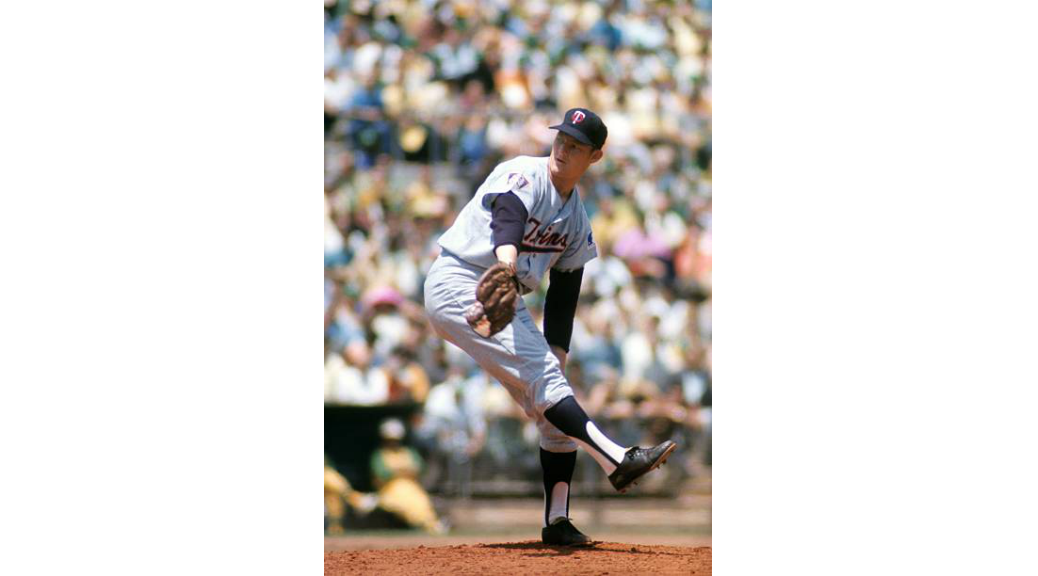MINNESOTA 4, CHICAGO 3 IN MINNESOTA (13 INNINGS)
Date: Monday, July 14.
Batting stars: Bob Allison was 4-for-5 with two home runs (his third and fourth) and a walk. Geroge Mitterwald was 2-for-5. Cesar Tovar was 2-for-6 with a double and a stolen base, his sixteenth. Leo Cardenas was 2-for-6. Tony Oliva was 2-for-6.
Pitching stars: Dave Boswell pitched twelve innings, giving up three runs (two earned) on ten hits and no walks and striking out seven. Al Worthington struck out two in a scoreless inning, giving up a walk.
Opposition stars: Tommy John pitched nine innings, giving up two runs on nine hits and no walks and striking out eight. Gail Hopkins was 2-for-4 with a double. Ed Herrmann was 2-for-5. Luis Aparicio was 2-for-6 with a stolen base, his sixteenth.
The game: The White Sox had men on first and second with one out in the first inning but did not score. The Twins got on the board in the second, as Allison led off with a home run. Chicago tied it in the fourth when they started the inning with consecutive singles by Hopkins, Pete Ward, and Herrmann, making it 1-1. The Twins had men on first and second with one out in the fourth, but Frank Quilici hit into a double play.
Neither team did much after that until the eighth, when Aparicio hit a one-out single, stole second, and scored on Hopkins' two-out double. It was still 2-1 going to the bottom of the ninth, but Allison again led off the inning with a home run, tying it 2-2.
In the twelfth, with Twins' starter Boswell still in the game, Herrmann led off with a single and went to second on a passed ball. Buddy Bradford flied out, but Bobby Knoop singled in pinch-runner Rich Morales to give the White Sox a 3-2 lead. The first two Twins went out in the bottom of the twelfth. Rod Carew pinch-hit for Boswell and laid down a bunt single. Tovar followed with a double, scoring Carew from first and tying the score 3-3.
The Twins ended it in the thirteenth. They started the inning with singles by Oliva, Allison, and Leo Cardenas. The single by Cardenas brought Oliva home with the deciding run.
WP: Worthington (3-0). LP: Wilbur Wood (6-6). S: None.
Notes: Tovar was back in center, with Allison in left and Ted Uhlaender on the bench. Uhlaender pinch-ran for Killebrew in the eighth inning and went to left, with Allison moving to first base. Rick Renick, who had pinch-hit for Rich Reese in the eighth, went to third base.
One assumes Carew had some sort of minor injury or illness. This is the second game in which he did not start, but pinch-hit. Quilici was again at second base.
There were a few interesting managerial decisions by Billy Martin in this game. Boswell pitching twelve innings is obviously one of them. Pitch counts weren't as much of a thing then, of course, and throughout his career Martin was not afraid to run a pitcher into the ground. Still, that's a lot of pitching. And it may have had an effect--in Boswell's next three starts, he went a combined total of ten innings.
In the eighth, with the Twins trailing 2-1 and with one out and none on, Martin used Rick Renick to pinch-hit for Rich Reese. The Twins gained a platoon advantage, with the right-handed Renick batting against lefty Tommy John. But that's all they gained. Reese was batting .319 and Renick was batting .163. For the season, Renick actually had a higher batting average against right-handers. Renick hit .237 against lefties with an OPS of .700 in 1969, while Reese batted .322 with an OPS of .967 against them. It does not make a lot of sense, and it didn't work--Renick flied out to right field.
Removing Killebrew for a pinch-runner in the eighth is a somewhat questionable decision, though certainly defensible. Killebrew hit a two-out single, so he was on first base with two down and Tony Oliva up to bat. The chances of a pinch-runner making a difference in that situation strike me as pretty small. On the other hand, the Twins were down 2-1 and it was late in the game, so you can argue that they needed to do anything they could to give themselves a better chance to score. It took Killebrew's bat out of the game, but there was no guarantee he would come up to bat again anyway.
The other thing that was unusual was the Carew bunt in the twelfth. There were two out and none on. Granted that Carew was an excellent bunter, and as a singles hitter he wasn't likely to hit a home run, but Carew did hit a pretty fair number of doubles (thirty in 1969). Normally, with two out and none on, you'd like the batter to try to put himself into scoring position. We have no way to know, of course, whether Carew was told to bunt for a hit or if he did it on his own. And you have to say this--it worked.
Record: The Twins were 54-35, in first place in the American League West, five games ahead of Oakland.

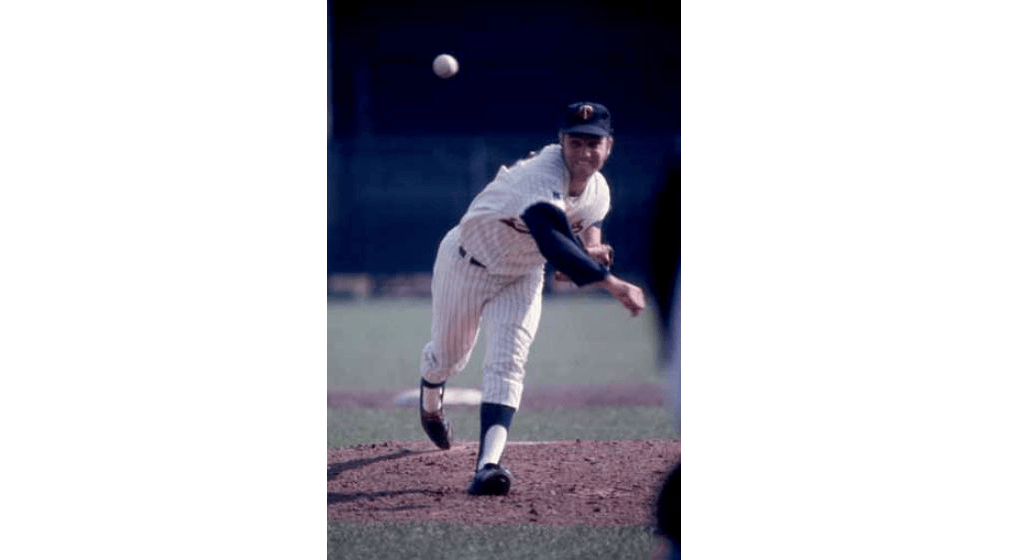
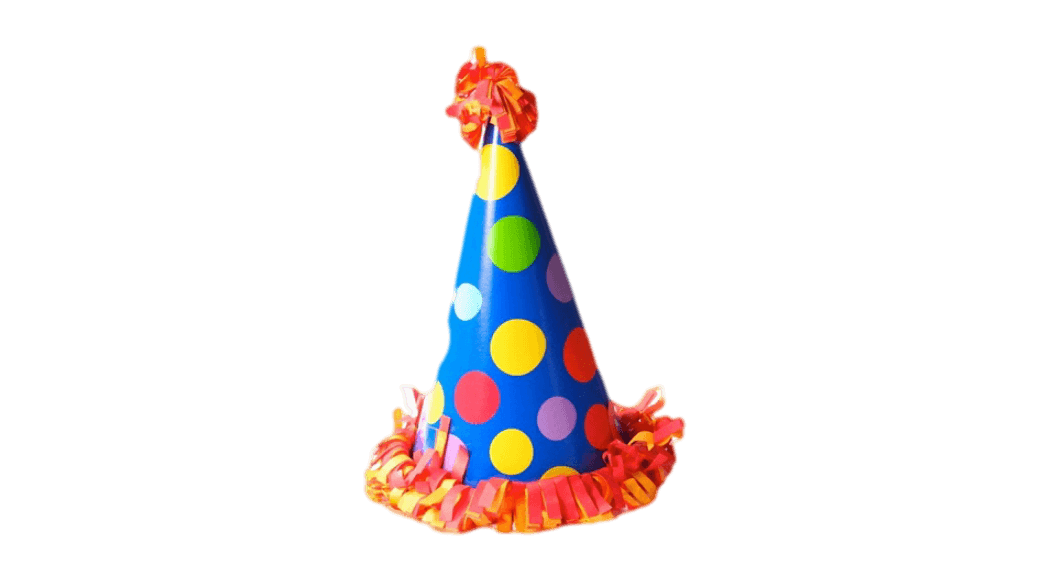

 (4 votes, average: 9.00 out of 10)
(4 votes, average: 9.00 out of 10)
